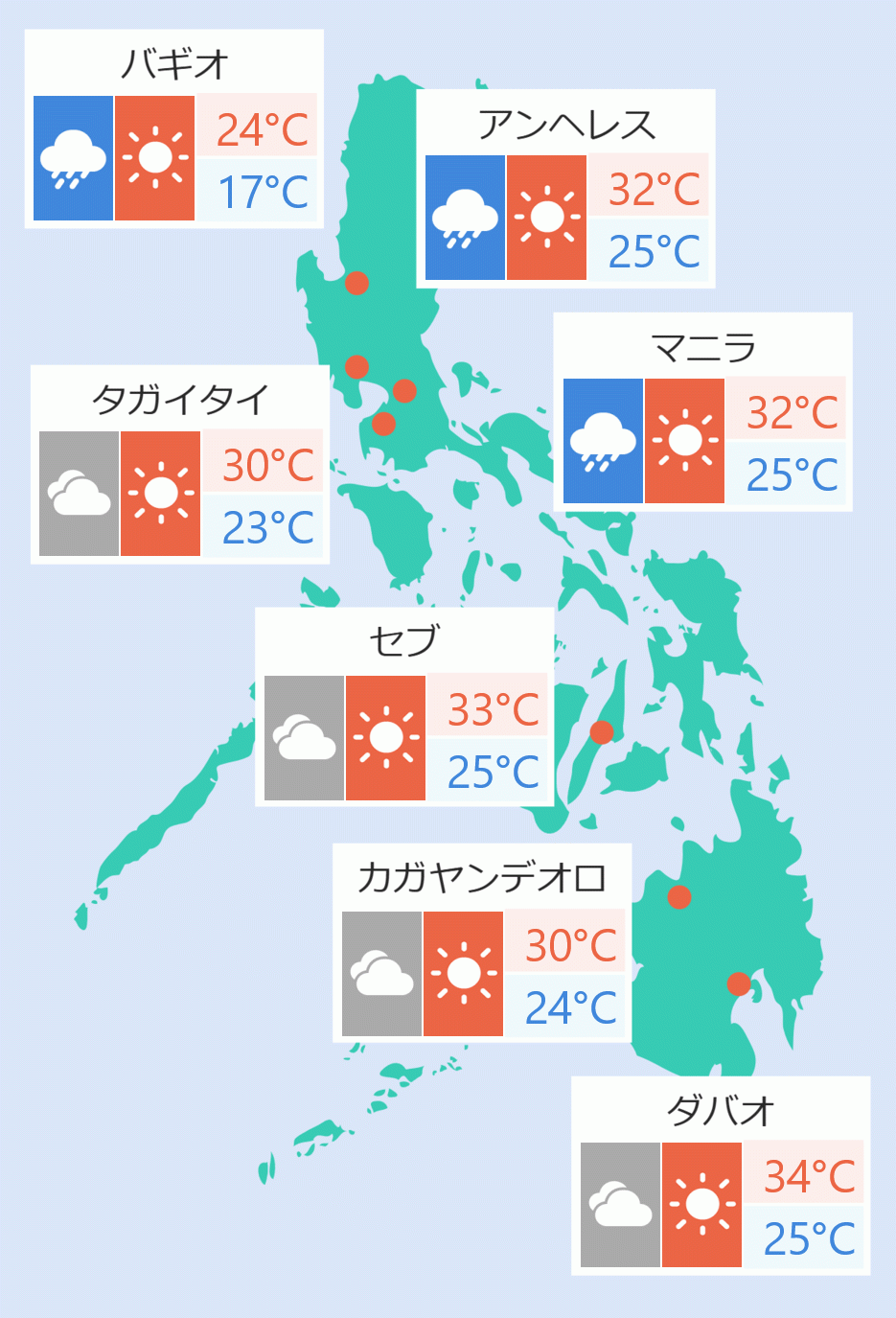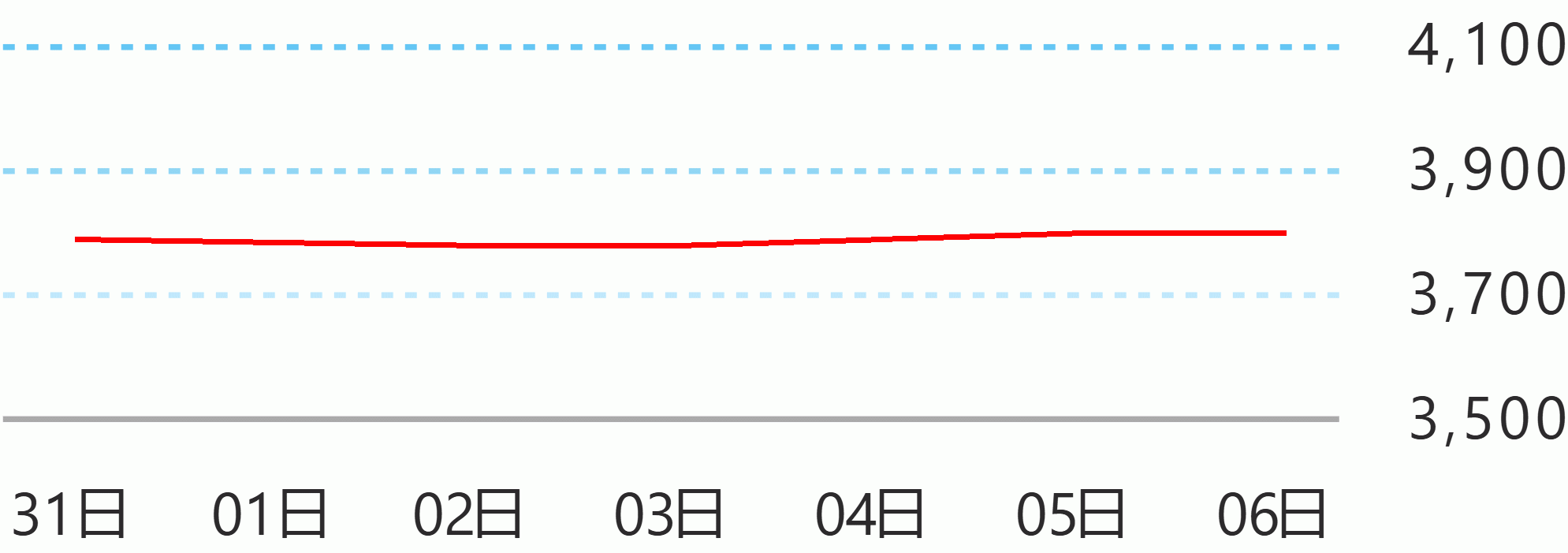The Department of Social Welfare and Development (DSWD) has downloaded to the local government units about 80 percent of cash assistance to low-income families amid the coronavirus disease pandemic, an official said on Thursday.
The government has earmarked a total of P80.9 billion for various LGUs as part of the first tranche of the P200-billion Social Amelioration Program for the poorest 18 million families in the country, Inter-Agency Task Force for the Management of Emerging Infectious Diseases Spokesperson and Cabinet Secretary Karlo Nograles said in a virtual press briefing.
"If the total amount for the Social Amelioration Program for the various LGUs is 80.9 billion pesos, then the 65 billion pesos already given to the LGUs accounts for more than 80 percent already downloaded," he said.
He noted that as of April 15, the DSWD forged 1,387 memoranda of agreement on SAP with various cities and municipalities. For transparency and accountability, signing of MOA is required before the DSWD can download the amount to LGUs.
"So, a total of 1,228 LGUs were already provided with funds amounting to 65 billion pesos," the official said.
In addition to the emergency subsidy program, Nograles said the DSWD has also catered to 14,096 clients for COVID-related concerns, such as medical assistance and/or burial assistance amounting to P67,530,340.48 through the regular assistance to individuals in crisis situation.
"The DSWD has further distributed a total of 400,201 family food packs to various LGUs in the regions amounting to P156,116,899.49," he said.
Meanwhile, Nograles urged the public to file complaints before the DSWD or the Department of Interior and Local Government against the LGUs, which are including unqualified families to be recipients of SAP.
"File the complaint before the DSWD or DILG so that they (LGUs) can be investigated...whether or not there's a complainant, part of the DSWD process is the validation (of the recipients)," he said.
There were reports that while the cash assistance of P5,000 to P8,000 is intended for one family only, some LGUs gave it to two families. There were also complaints that LGUs refused to give aid to deserving beneficiaries because they were not registered voters in the area. Some recipients of the cash aid also did not actually belong to low-income families, but relatives or friends of the local officials. Celerina Monte/DMS





 English
English









